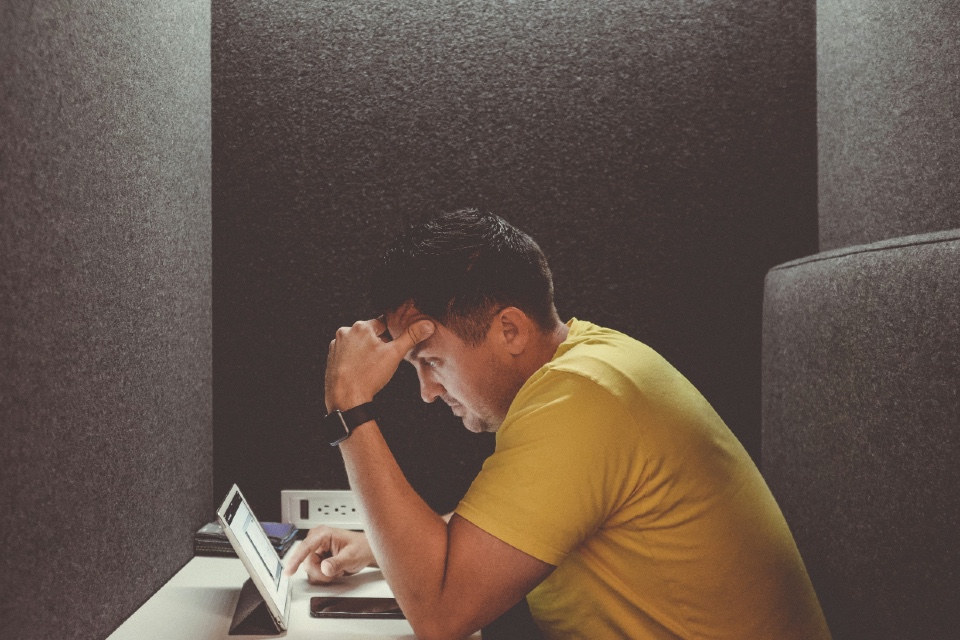A study indicates that Britain’s workforce is feeling the strain its the work-life balance, with nearly half of employees checking in during their holidays.
The BHN Extras study says leaders and employees alike are struggling to disconnect, and burnout is quietly taking hold, reflected in the rise of work mental wellbeing issues.
BHN commissioned two UK wide surveys from Sapio in April 2025 to understand the attitudes and happiness levels of UK employees. The first survey was conducted among 2,000 employees, aged 18 and over working in companies with less than 500 employees and in a range of industries. The second survey was conducted among 175 HR Decision Makers working in companies with less than 500 employees and across a range of industries.
The results paint a picture of a workforce caught in a state of constant connection, where the boundaries between work and personal life are significantly blurred. And it’s not just during the working day.
Nearly half (48%) of UK employees respond to emails or messages while on annual leave, and regular after-hours check-ins are the norm. Perhaps most strikingly is the fact that 39% of UK employees reported to having responded to work messages while off sick.
Unsurprisingly, senior leaders are among the most likely to blur boundaries, with 55% of CEOs checking emails daily outside of work hours. But what’s more telling is that this culture is trickling down, with 42% of junior managers also regularly checking emails after hours.
This suggests that the expectation to stay connected, enabled by the plethora of work related apps on mobiles, is becoming embedded at every level.
Despite ongoing conversations around the need and desire for flexibility and the opportunity to ‘turn off’, true work-life balance appears elusive. 84% of HR decision makers promote and encourage their employees to disconnect during personal time, but only 45% have formal guidelines. And, 80% of employees say their balance has not significantly improved in the past five years, highlighting a disconnect between the promise of flexibility post COVID and the lived experience of today’s workforce.
Under half of Brit’s believe burnout levels have improved in the last five years, but the disparity between leadership and employees is what is truly concerning. While 76% of C-level executives say their burnout levels have improved over the past five years, only 25% of junior managers say the same.
Surprisinglye, whether employees are remote or office-based has little impact: with consistent responses that 38% of remote workers and 35% of office workers report any improvement. There are some indications of sharp differences by industry and profession, with 68% of workers in IT seeing progress, compared to a mere 23% in law and professional services. These disparities point to a deeper issue – systemic gaps in expectations and culture for specific roles..
Strengthening bonds and friendships with colleagues in a social context has taken a hit. The ability to switch off doesn’t just impact time off, it also affects social connection at work. Nearly half of employees (46%) say they rarely or never socialise with colleagues after hours because they prefer personal time. Financial pressure is also a barrier, with 24% of women citing cost as the main reason for skipping post-work socialising, compared to 18% of men.
While flexible working hours remain the most used perk, with 39% of employees regularly taking advantage of this option, flexibility alone is no longer enough. Today’s workforce, especially younger generations, are asking for more. 63% of employees want access to a broader and more personalised range of workplace benefits.
That demand jumps to 66% among Gen Z, compared to just 40% of baby boomers, highlighting a generational shift in expectations around wellbeing and financial support.
The report concludes that the findings signal a fundamental transformation in what employees want from their employers. Whether businesses continue to push return to work or embrace hybrid working, they’re still missing the tools employees need to truly disconnect, recharge, and feel supported not just in work but outside of work.
Photo by Emma Simpson on Unsplash









